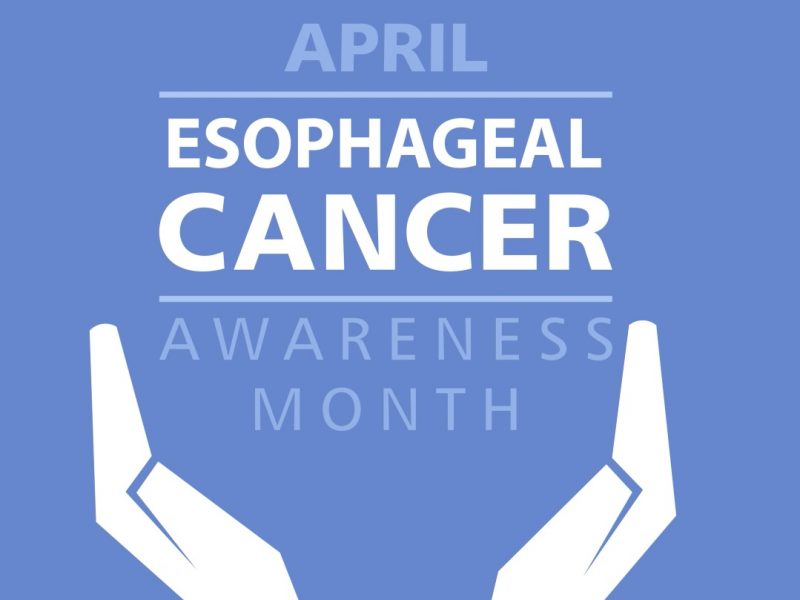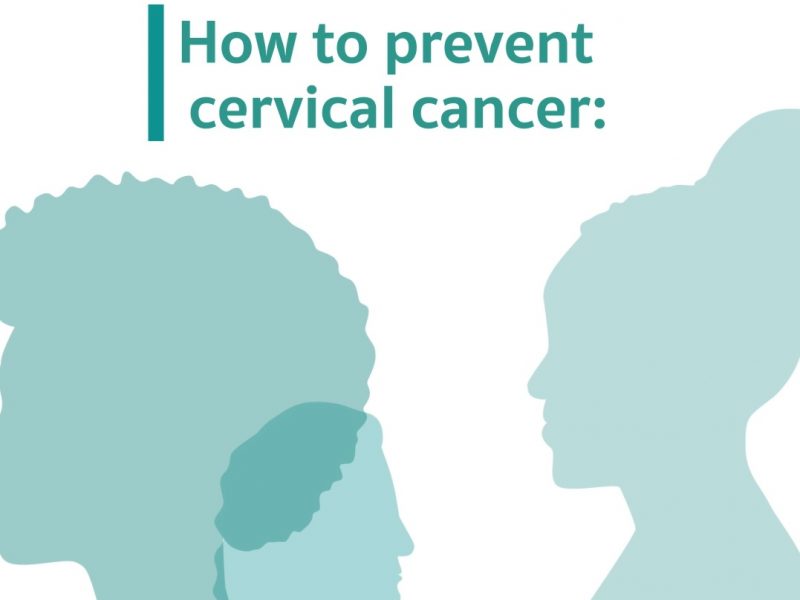Skin Cancer Risk Factors:
- Fair skin:Anyone, regardless of skin color, can get skin cancer. However, having less pigment (melanin) in your skin provides less protection from damaging UV radiation. If you have blond or red hair and light-colored eyes, and you freckle or sunburn easily, you’re much more likely to develop skin cancer than is a person with darker skin.
- A history of sunburns:Having had one or more blistering sunburns as a child or teenager increases your risk of developing skin cancer as an adult. Sunburns in adulthood also are a risk factor.
- Excessive sun exposure:Anyone who spends considerable time in the sun may develop skin cancer, especially if the skin isn’t protected by sunscreen or clothing. Tanning, including exposure to tanning lamps and beds, also puts you at risk. A tan is your skin’s injury response to excessive UV radiation.
- Sunny or high-altitude climates:People who live in sunny, warm climates are exposed to more sunlight than are people who live in colder climates. Living at higher elevations, where the sunlight is strongest, also exposes you to more radiation.
- Moles:People who have many moles or abnormal moles called dysplastic nevi are at increased risk of skin cancer. These abnormal moles — which look irregular and are generally larger than normal moles — are more likely than others to become cancerous. If you have a history of abnormal moles, watch them regularly for changes.
- Precancerous skin lesions:Having skin lesions known as actinic keratosis can increase your risk of developing skin cancer. These precancerous skin growths typically appear as rough, scaly patches that range in color from brown to dark pink. They’re most common on the face, head and hands of fair-skinned people whose skin has been sun damaged.
- A family history of skin cancer: If one of your parents or a sibling has had skin cancer, you may have an increased risk of the disease.
- A personal history of skin cancer:If you developed skin cancer once, you’re at risk of developing it again.
- A weakened immune system:People with weakened immune systems have a greater risk of developing skin cancer. This includes people living with HIV/AIDS and those taking immunosuppressant drugs after an organ transplant.
- Exposure to radiation:People who received radiation treatment for skin conditions such as eczema and acne may have an increased risk of skin cancer, particularly basal cell carcinoma.
- Exposure to certain substances:Exposure to certain substances, such as arsenic, may increase your risk of skin cancer.



